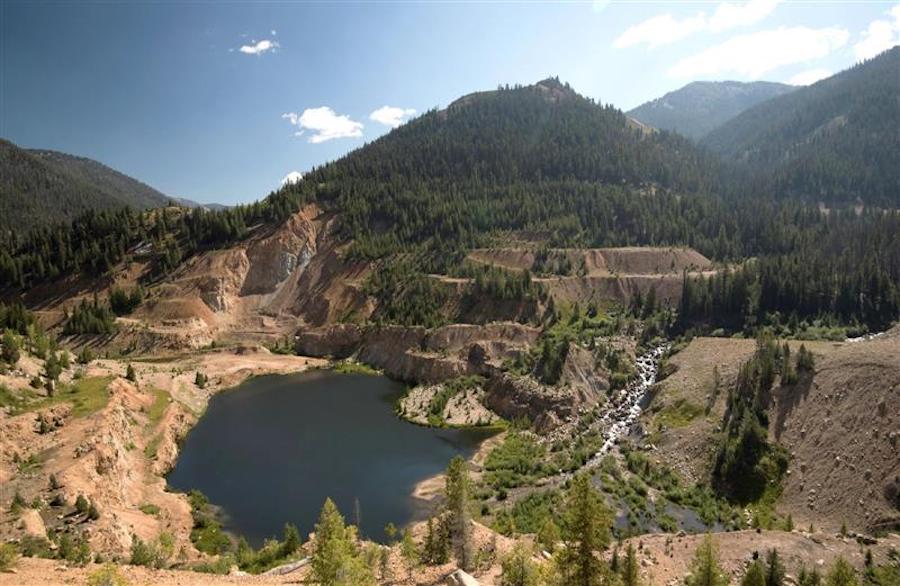
- Details
- By Chez Oxendine
- Energy | Environment
An Idaho gold mine approved by the U.S. Forest Service faces stiff opposition from the Nez Perce Tribe that could halt the project, pending an independent review by the U.S. Army Corps of Engineers (USACE).
The Stibnite Gold Project is a three-pit mine operation proposed by the Boise-based Perpetua Resources Corporation. Approval by the Forest Service clears the way for three open pits, ore processing facilities, roads and transmission lines, and other infrastructure covering over 400 acres of the Meadow Creek Valley, as reported by the Big Country News Connection.
The Forest Service’s environmental review found that the mine would negatively impact fish and wildlife habitat, as well as surface water and groundwater. The Nez Perce Tribe has protested the decision, as the mine sits on the tribe’s homeland, which was by treaty for fishing, hunting, gathering, and other rights.
“Following an exhaustive review of Perpetua’s mine plans over the last eight years, we believe the Forest Service’s approval of the mine violates an agreement the United States made by treaty with the Nez Perce people 170 years ago,” Shannon F. Wheeler, chairman of the Nez Perce Tribal Executive Committee, said in a statement. “Our treaty-reserved rights are fundamental to the culture, identity, economy, and sovereignty of the Nez Perce people. The tribe is extremely disappointed with the Forest Service’s decision to approve this mine and is evaluating next steps.”
Perpetua’s claim to the site is still under review by the USACE, which enforces permits under the Clean Water Act. The issuance of a permit hinges partly on whether the permit would violate tribal treaty rights.
Wheeler said the tribe expects the USACE to find the mine in violation of those rights and deny the permit. Wheeler added that the project continues a history of gold extraction plaguing the tribe since its initial discovery on tribal lands in 1860, and subsequent reduction of their reservation lands. The “Steal Treaty” of 1863 reduced the reservation by 90%, claiming over five million acres to make way for mining and other non-Indian activities.
The tribe’s statement says it never ceded rights to the original reservation lands for fishing, hunting, and gathering — meaning a mining permit issued without tribal permission would fall afoul of those rights.
Before Perpetua and its predecessor acquired interests in the mine in 2008, the tribe had secured funding to restore legacy mining impacts on fish passage at the site. The tribe's Department of Fisheries Resources Management currently spends approximately $2.8 million annually to restore Chinook salmon, steelhead, and bull trout populations and habitat in the South Fork Salmon River watershed.
“Since it first arrived in the tribe’s homeland, gold mining has only served to dispossess the Nez Perce people,” Wheeler said. “By every indication, this mine will be no different.”
Brian Edwards provided additional reporting.
